9 Super Healthy Seeds You Should Be Eating Today
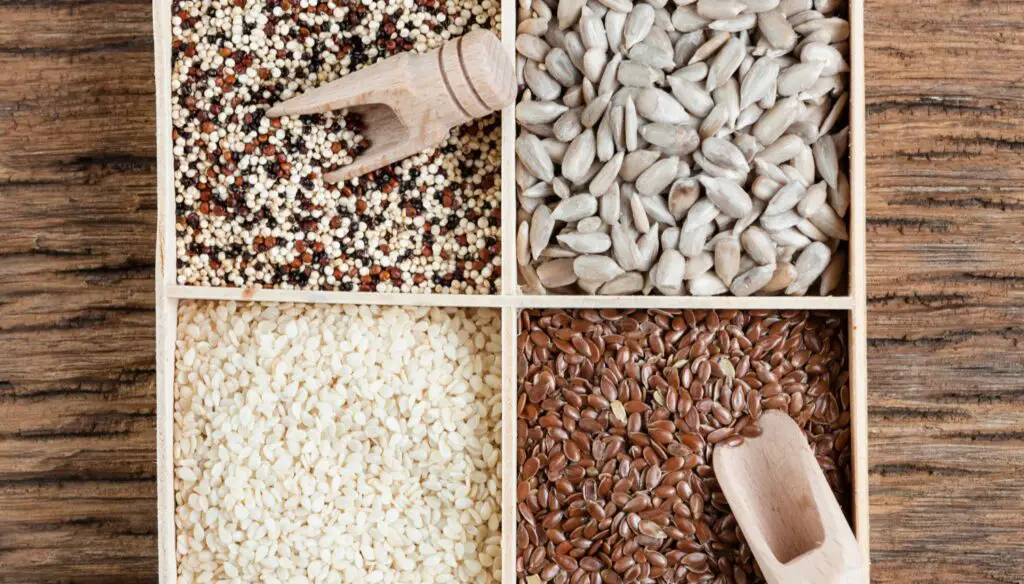
Seeds are nutritional powerhouses packed with essential vitamins, minerals, healthy fats, and plant-based proteins. Incorporating them into your diet can boost heart health, improve digestion, enhance brain function, and support weight management. Whether you sprinkle them on salads, blend them into smoothies, or bake them into snacks, seeds are an easy and delicious way to enhance your nutrition. Here are nine super healthy seeds you should be eating today.
1. Chia Seeds
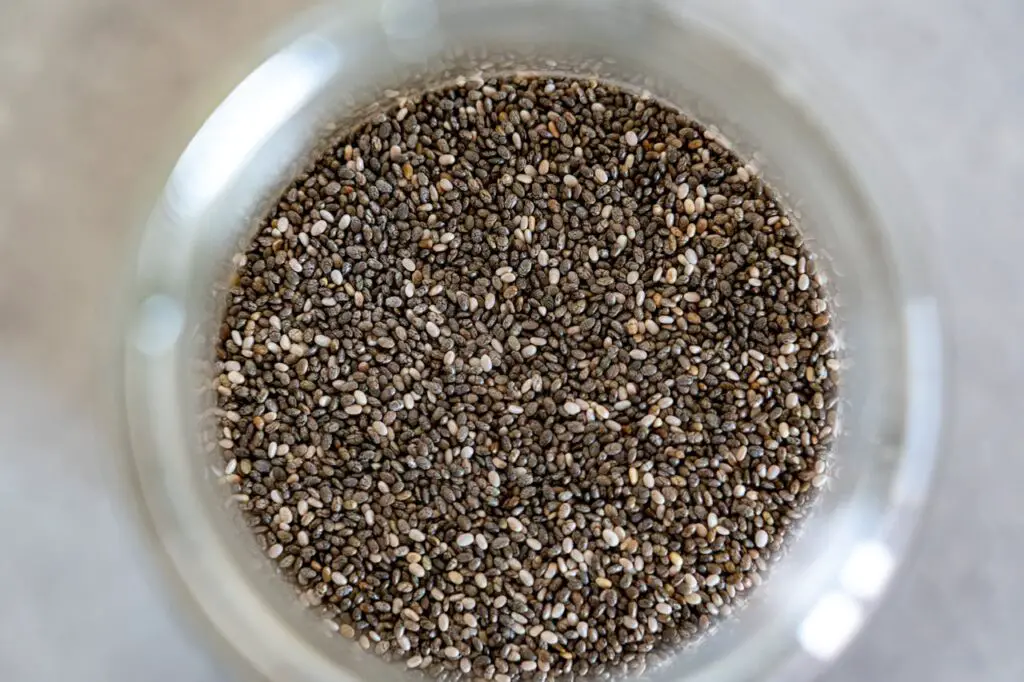
Chia seeds are a tiny but mighty superfood loaded with fiber, omega-3 fatty acids, and high-quality protein. These seeds absorb water and expand in your stomach, helping you feel fuller for longer and promoting healthy digestion. They also support heart health by lowering cholesterol levels and reducing inflammation. With their mild, nutty flavor, chia seeds are versatile and can be added to yogurt, oatmeal, smoothies, or even used to make a nutritious pudding. Additionally, they help maintain stable blood sugar levels and can be incorporated into various dishes such as homemade energy bars and baked goods.
2. Flaxseeds
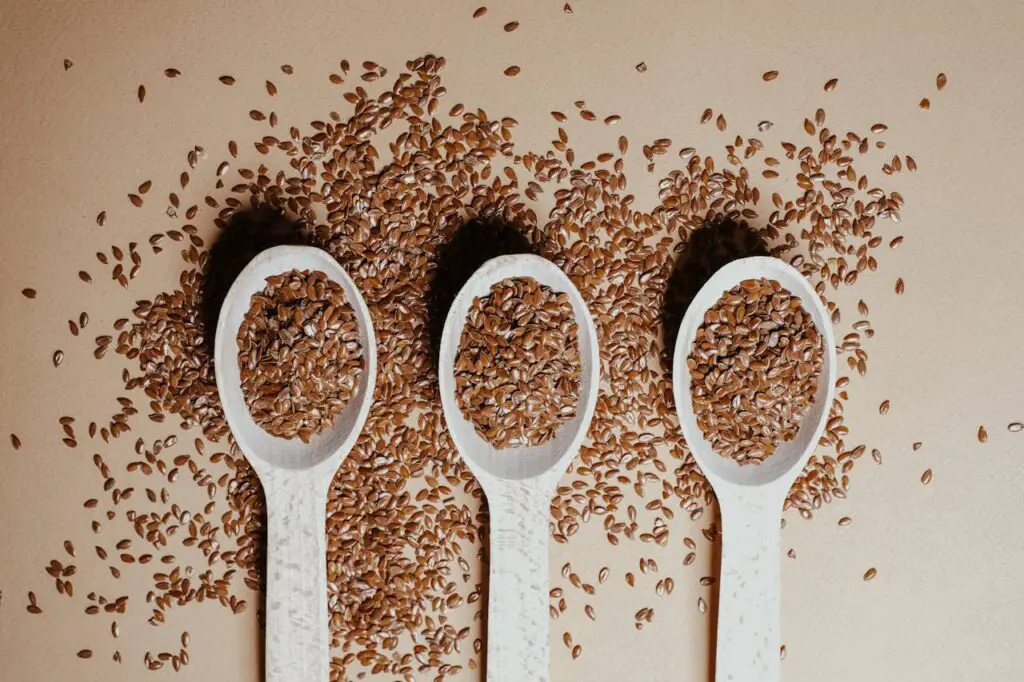
Flaxseeds are rich in alpha-linolenic acid (ALA), a type of omega-3 fatty acid that plays a key role in reducing inflammation and improving heart health. They are also packed with lignans, powerful antioxidants that may help lower the risk of certain cancers. The high fiber content in flaxseeds supports digestion and helps regulate blood sugar levels. To maximize their nutritional benefits, consume ground flaxseeds rather than whole, as this makes it easier for your body to absorb their nutrients. Sprinkle them over cereals, mix them into smoothies, or bake them into healthy muffins. They can also be used as an egg substitute in vegan baking by mixing them with water to form a gel-like consistency.
3. Pumpkin Seeds
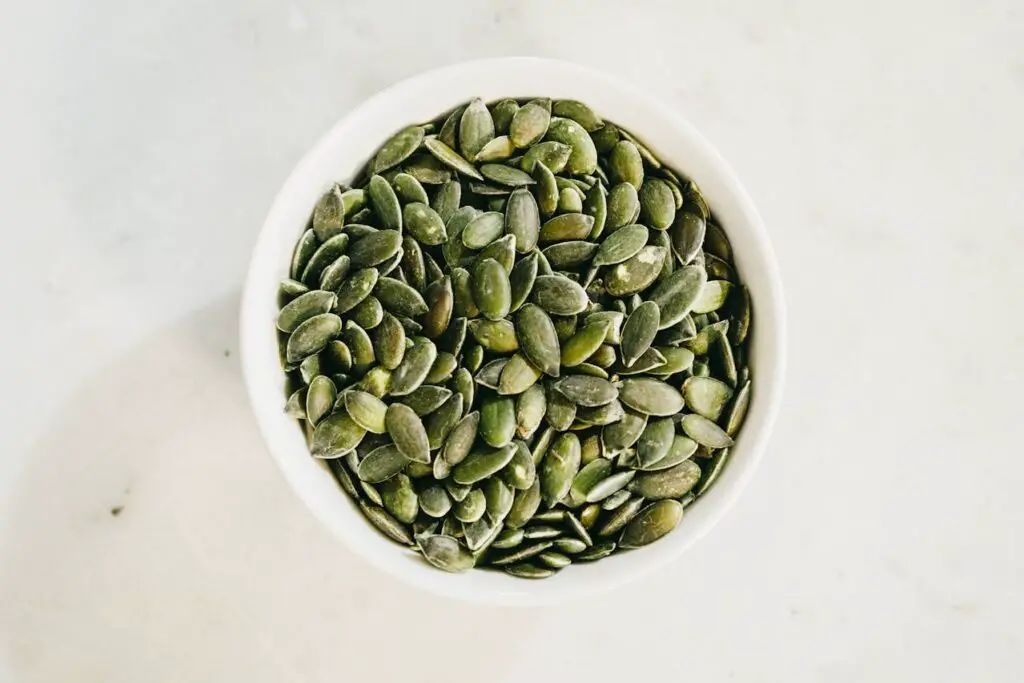
Pumpkin seeds, also known as pepitas, are loaded with magnesium, zinc, iron, and healthy fats, making them an excellent snack for boosting energy and immunity. Their high antioxidant content helps reduce inflammation and protect cells from damage. These seeds also promote prostate health in men and support better sleep due to their natural tryptophan content. Enjoy them roasted with a sprinkle of sea salt, add them to granola, or blend them into a creamy pumpkin seed butter for a nutritious treat. They also make a great topping for soups and salads, adding a delightful crunch and nutritional boost.
4. Sunflower Seeds
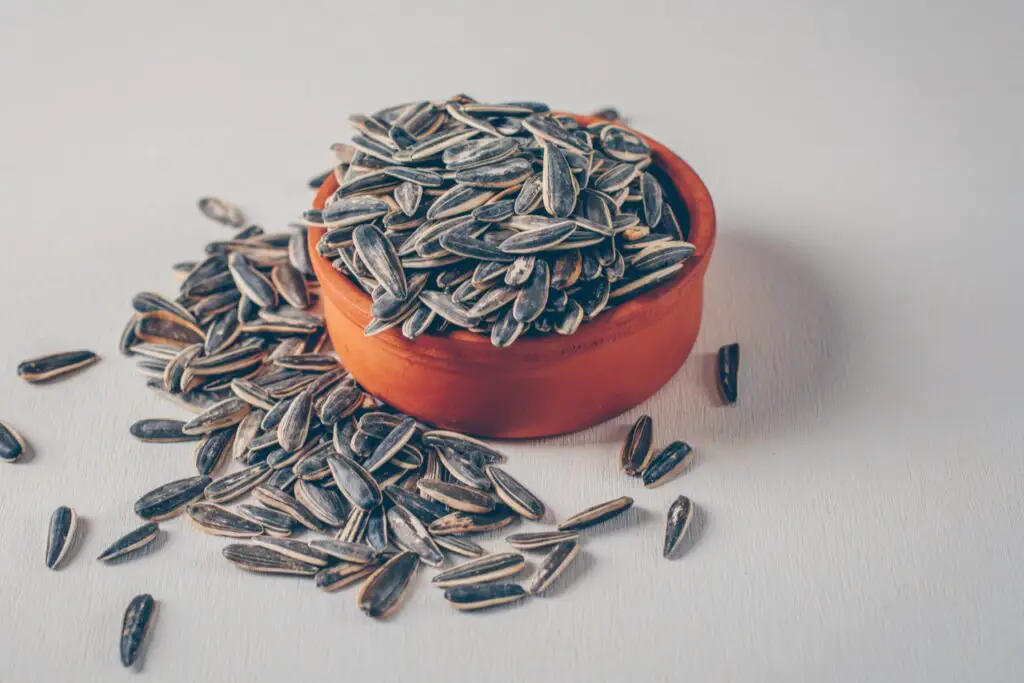
Sunflower seeds are an excellent source of vitamin E, a powerful antioxidant that protects skin health and reduces oxidative stress in the body. They are also rich in healthy fats, protein, and selenium, which support thyroid function and immune health. Eating sunflower seeds regularly may help lower cholesterol and reduce the risk of heart disease. Their crunchy texture and mild nutty flavor make them a great addition to salads, trail mixes, and homemade energy bars. Sunflower seed butter is also a great alternative to peanut butter for those with nut allergies, providing a similar creamy texture and flavor.
5. Hemp Seeds
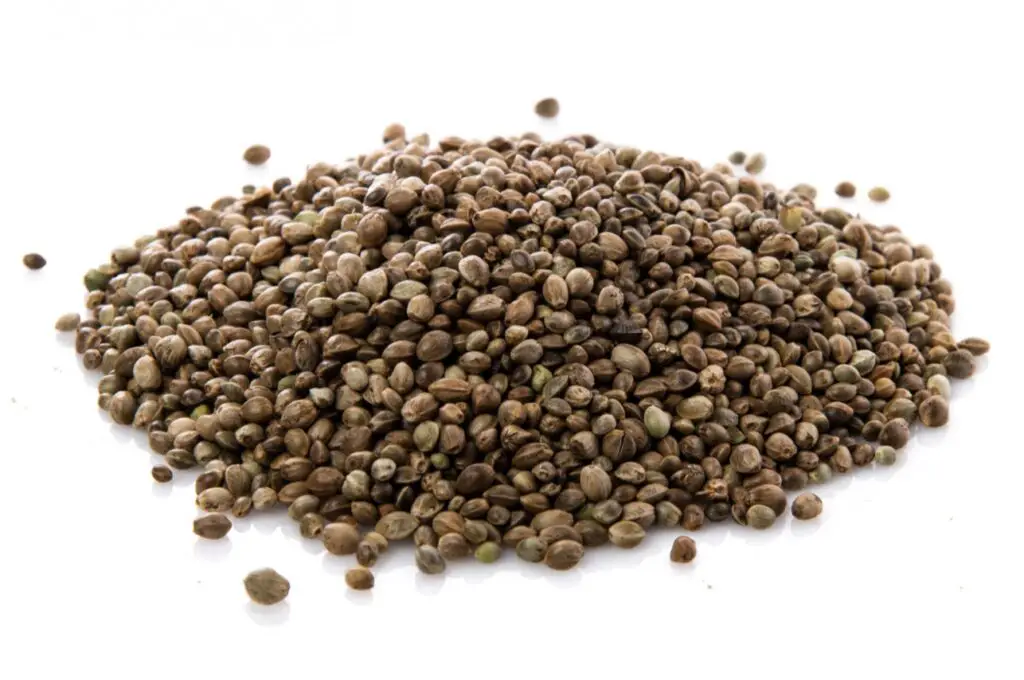
Hemp seeds are a complete protein, containing all nine essential amino acids that the body needs for muscle growth and repair. They are also high in healthy fats, particularly omega-3 and omega-6 fatty acids, which promote heart and brain health. The rich magnesium content in hemp seeds helps regulate blood pressure and reduce stress. Their slightly nutty flavor makes them perfect for sprinkling over salads, stirring into yogurt, or blending into protein-packed smoothies. Hemp seeds are also an excellent addition to homemade granola bars and can be used to make dairy-free hemp milk for those with lactose intolerance.
6. Sesame Seeds
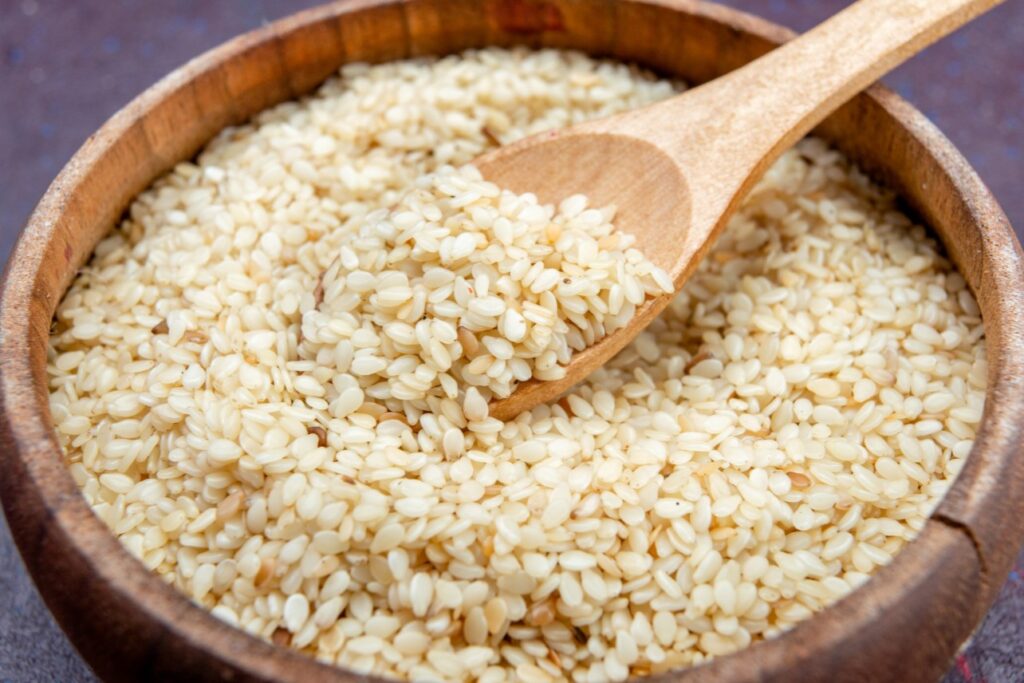
Sesame seeds are tiny but packed with powerful nutrients, including calcium, iron, and lignans, which have antioxidant and anti-inflammatory properties. These seeds are particularly beneficial for bone health and may help lower blood pressure. They also support hormone balance and liver function. Sesame seeds come in white and black varieties, both offering significant health benefits. Toast them for a richer flavor and sprinkle them over stir-fries, sushi, or even mix them into homemade hummus for an extra nutritional boost. Additionally, tahini, a paste made from sesame seeds, is a delicious and nutritious ingredient commonly used in Mediterranean and Middle Eastern cuisine.
7. Poppy Seeds
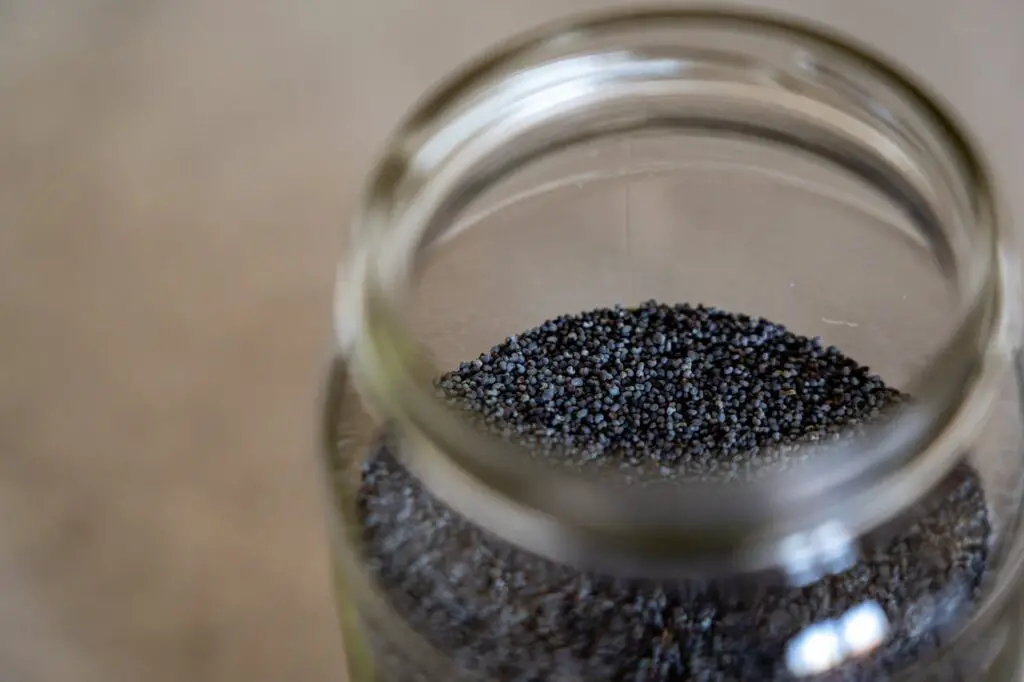
Poppy seeds are a great source of calcium, phosphorus, and iron, which are essential for strong bones and healthy red blood cells. They also contain dietary fiber that supports digestion and helps regulate bowel movements. The unique nutty taste of poppy seeds makes them a delicious addition to baked goods, salad dressings, and yogurt. Their mild sedative properties can even promote relaxation and improve sleep quality. Just a small sprinkle can provide a nutritional boost without altering the taste of your meal. Poppy seeds are also used in traditional medicine for their pain-relieving and digestive benefits.
8. Quinoa Seeds
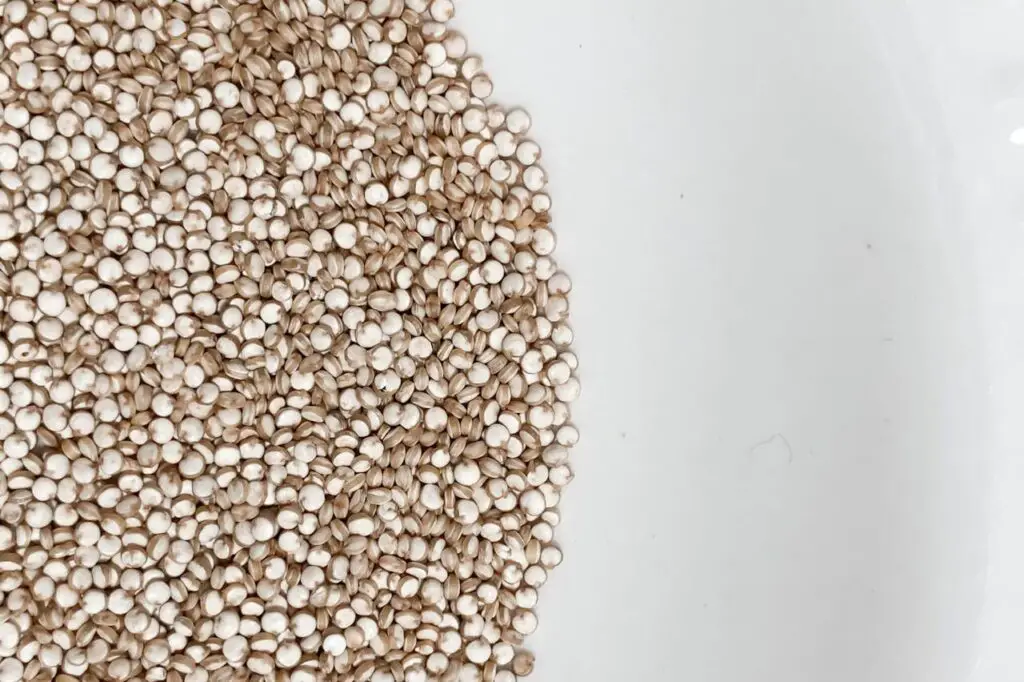
Though commonly mistaken for a grain, quinoa is actually a seed that is packed with complete protein, fiber, and essential vitamins and minerals. It is particularly high in magnesium, iron, and B vitamins, which support energy production and brain function. Quinoa is naturally gluten-free and has a low glycemic index, making it a great option for those managing blood sugar levels. Its light, fluffy texture makes it a perfect substitute for rice, an excellent base for salads, or even a healthy breakfast alternative when cooked with milk and fruit. Quinoa is also incredibly versatile and can be used to make veggie burgers, stuffed peppers, and protein-packed power bowls.
9. Nigella Seeds
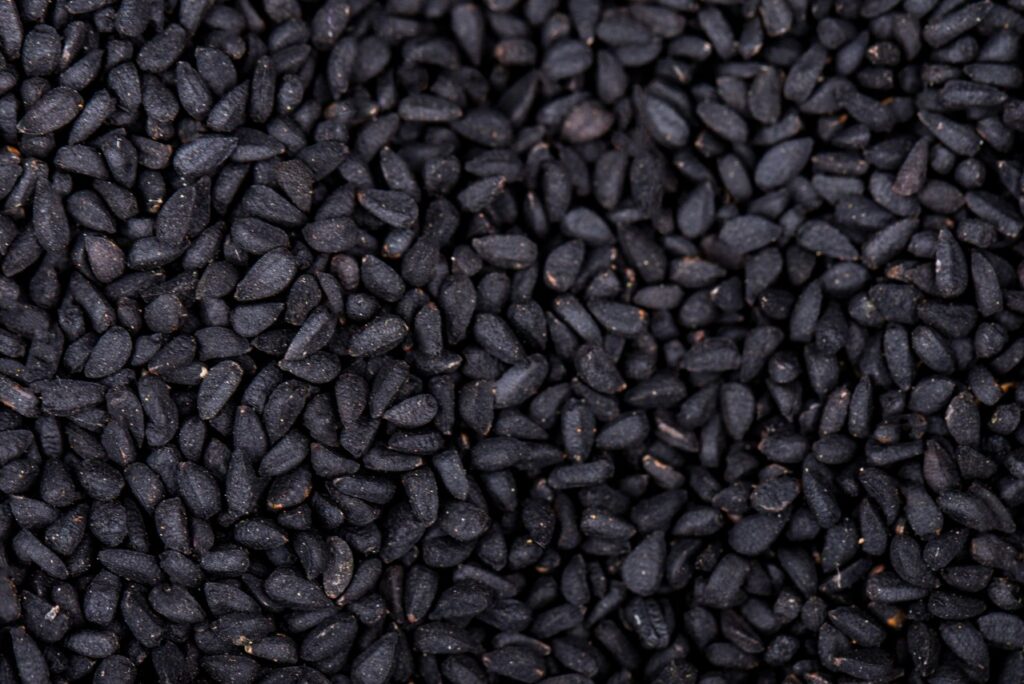
Also known as black cumin or kalonji, nigella seeds have been used for centuries in traditional medicine for their impressive health benefits. They contain thymoquinone, a powerful antioxidant and anti-inflammatory compound that supports immune health and may help manage blood sugar levels. Nigella seeds also have antibacterial and antifungal properties, making them a natural remedy for various ailments. Their slightly bitter and peppery flavor pairs well with curries, soups, and roasted vegetables, adding both taste and nutrition to your meals. These seeds have also been studied for their potential role in weight management, as they help regulate metabolism and reduce appetite.
Final Thoughts
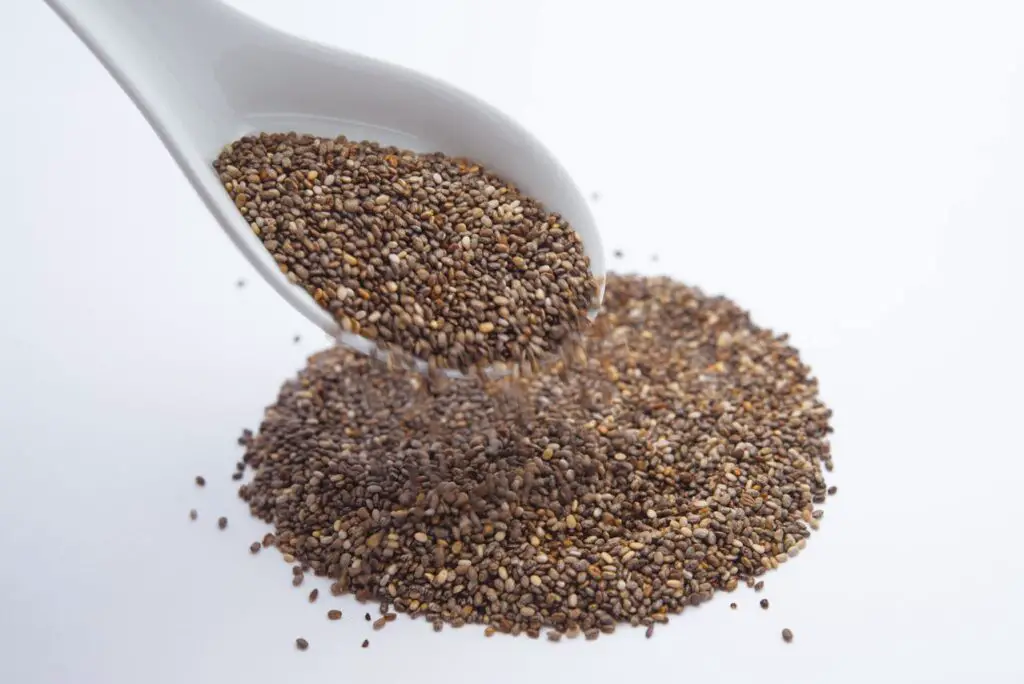
Seeds are an easy and versatile way to enhance your diet with essential nutrients that support overall health. Whether you are looking to improve heart health, boost digestion, or increase your protein intake, these nine super seeds offer countless benefits. Start incorporating them into your meals today by sprinkling them over salads, blending them into smoothies, or using them in your favorite recipes. Your body will thank you for the added nutrition and long-term health benefits. With so many delicious and creative ways to enjoy seeds, there is no reason not to make them a staple in your daily diet.
Leave a Reply